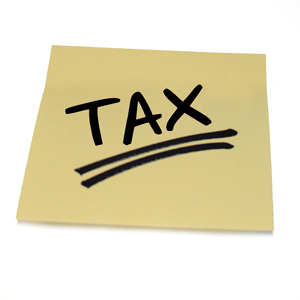An analysis of the Chancellor’s Summer Budget recently published by ‘This is Money’ presents the outcomes for individuals and families in relation to broad categories of ‘Winners’ and ‘Losers’. One category labelled as winners are Taxpayers.
 The threshold at which workers start paying higher rate tax will rise for the first time in five years, lifting 130,000 people out of the 40 per cent tax bracket. In April 2016, the amount workers can earn before being hit with higher rate tax will rise from £42,385 to £43,000 a year. The Government aims to raise this to £50,000 by 2020, while the personal allowance – the amount everyone can earn tax-free – will also rise from £10,600 to £11,000. In April 2017, it will rise again to £11,200 and eventually to £12,500 by 2020.
The threshold at which workers start paying higher rate tax will rise for the first time in five years, lifting 130,000 people out of the 40 per cent tax bracket. In April 2016, the amount workers can earn before being hit with higher rate tax will rise from £42,385 to £43,000 a year. The Government aims to raise this to £50,000 by 2020, while the personal allowance – the amount everyone can earn tax-free – will also rise from £10,600 to £11,000. In April 2017, it will rise again to £11,200 and eventually to £12,500 by 2020.
Those on £43,000 p.a., will be £423 better off, while those earning £44,000 to £121,000 will gain £203. Even the highest earners on more than £122,000 will pocket an extra £43.
Dropping out of the higher rate band can be a mixed blessing. It opens up the possibility of claiming marriage allowance – only available to couples where one is a basic rate taxpayer and the other a non-taxpayer – but it also means those paying into pensions will see their tax relief cut from 40 to 20 per cent.
But not all taxpayers will be winners, largely due to restrictions in tax credits that come into effect over the next two years. A family with three children and a household income of £30,000 will lose £1,519 due to the tax credit changes, says accountancy group KPMG. Those on incomes between £5,000 and £30,000 will typically be worse off by about £1,000. The worst hit in this income group are those on £13,000, who will be £1,606 worse off.
Whilst the Chancellor plans to make it law for the personal allowance to rise in line with the minimum wage so the lowest earners do not pay income tax, many working families on low incomes losing some benefits will effectively be made worse off. The annual rise in personal allowances may be less in each year than the losses sustained through year-on-year reductions in tax credits and other benefits. The Government drive for everyone of working age to be gainfully employed with some form of paid work might be seen by many lower paid workers to be less rewardable in the future.
Sources: www.thisismoney.co.uk ( Published article: 2015/07/14 update)
If this blog has raised any questions why don't we have a quick chat?

MD & Certified Financial Planner
A brief meeting might be of interest, especially if you’re unsure just how wealth management and financial planning could help you.
It would only require the investment of an hour or so of your time, and the coffee’s not bad either.
